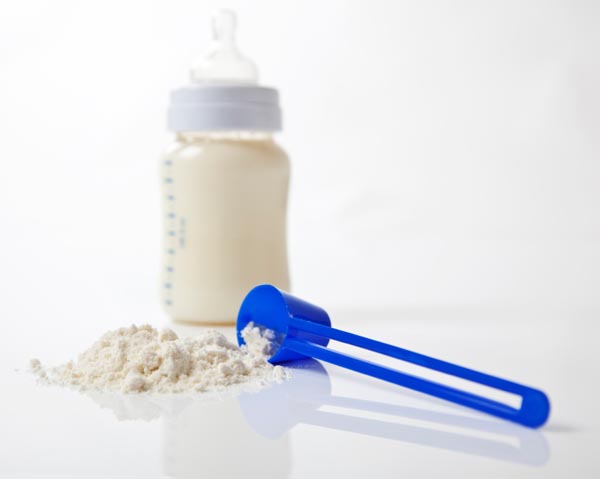
Teeth Reveal Link Between Infant Formula and Parkinson’s Disease
Is it possible that too much iron in infant formula may potentially increase the risk for neurodegenerative diseases like Parkinson’s later on in life and if so, are teeth a window into the past that can help us tell?
Much like growth rings in a tree trunk, teeth are of particular interest for the measurement of chemical exposure specifically in fetal and childhood development as they can provide a chronological record of exposure. This and related theories are based off of research provided by the Icahn School of Medicine at Mount Sinai and the University of Technology Sydney and Florey Institute of Neuroscience and Mental Health in Australia.
“While it might seem like drawing a long bow linking what happens in childhood diseases we think of as associated with growing old, the increasing rates of these diseases mean we need to do everything we can to find out what might play a role in how the disease starts.” Dr. Dominic Hare, PhD
With the use of dental biomarker technology to distinguish breast-fed babies from formula fed babies and state-of-the-art imaging technology, researchers are now able to study the link between early iron exposure and late-life brain diseases such as Parkinson’s and Alzheimer’s; both of which are associated with abnormal processing of iron.
While not all formula fed babies will experience neurodegeneration in adulthood, the combination of increased iron intake during infancy with a predisposition to impaired metal metabolism, such as the inability of brain cells to remove excessive metals, may damage those cells over time. Increased brain iron levels might result from intake of infant formula that is excessively fortified with iron.
Researchers note that a gradual increase in brain iron seems to be a feature of normal aging.
For more information on this study, please visit CDA Journal, Vol 43, October 2015.
Leave a reply →
